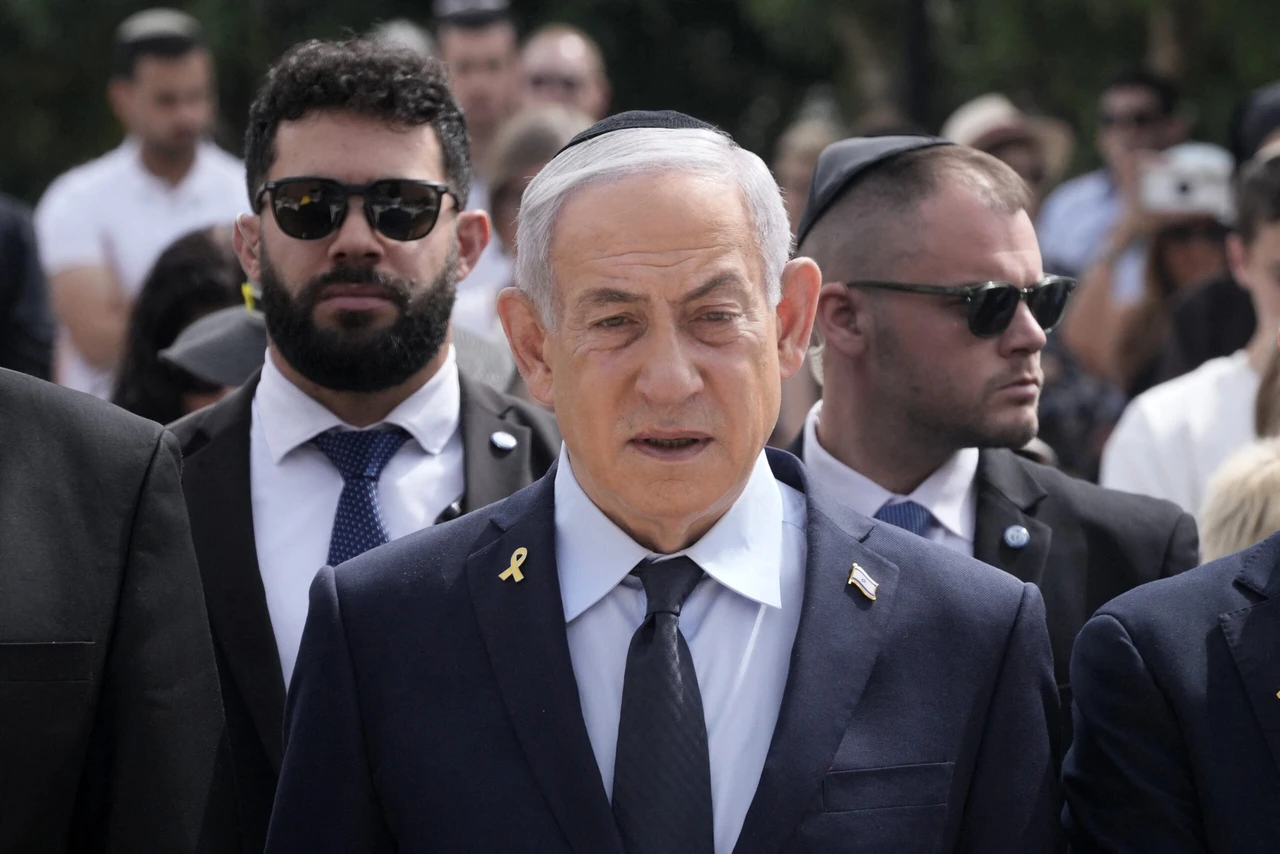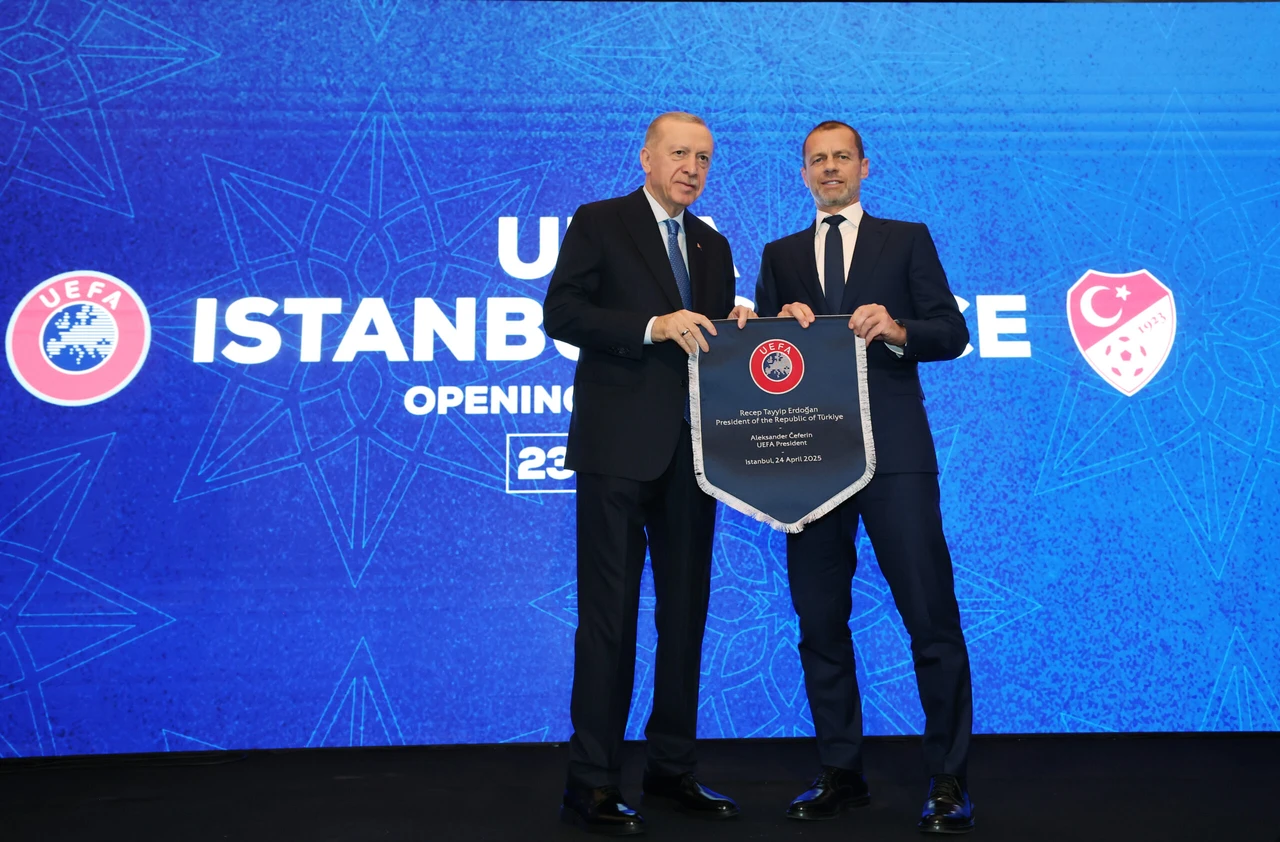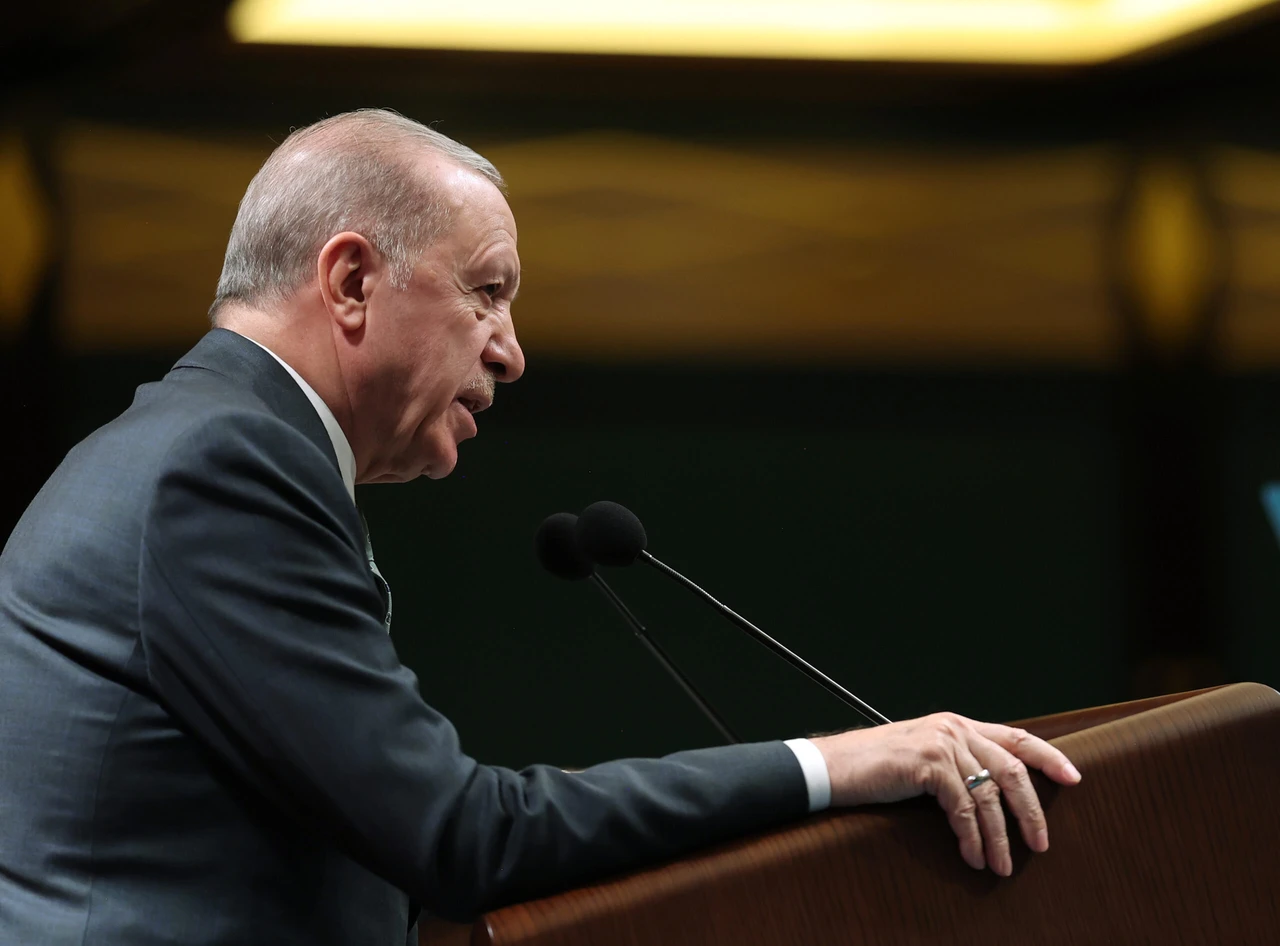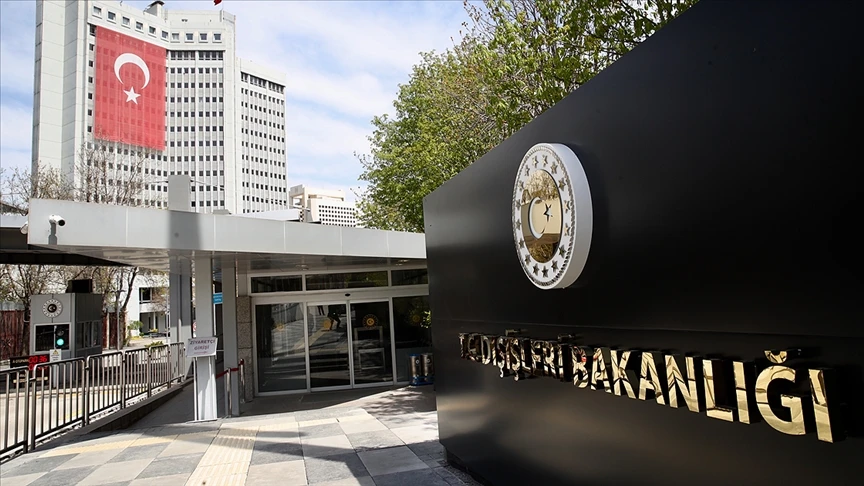Trump avoids ‘Armenian genocide’ term on April 24 in friendly gesture to Türkiye
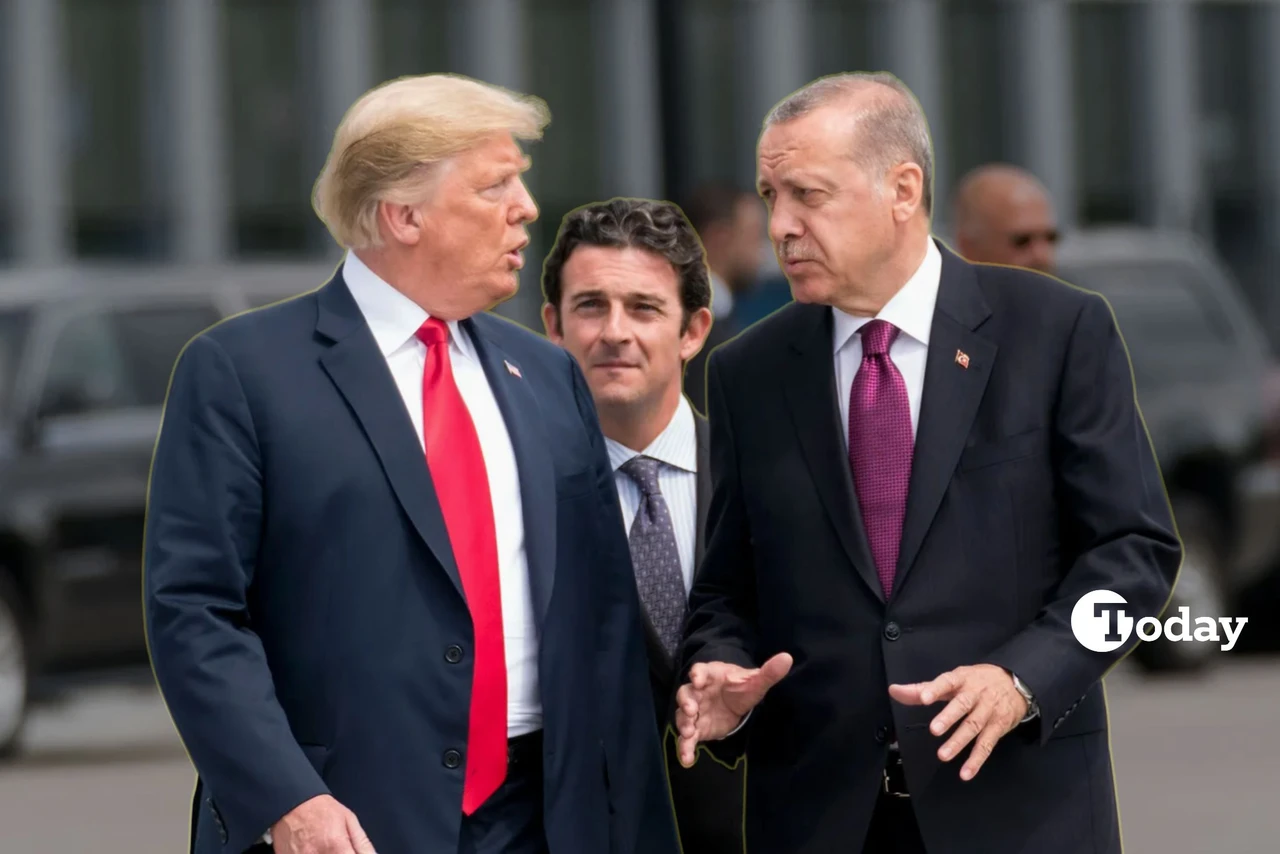 U.S. President Donald Trump (L) chats with President Recep Tayyip Erdogan (R) at the NATO Summit in Brussels, Belgium, July 11, 2018 (Collage by Türkiye Today team)
U.S. President Donald Trump (L) chats with President Recep Tayyip Erdogan (R) at the NATO Summit in Brussels, Belgium, July 11, 2018 (Collage by Türkiye Today team)
U.S. President Donald Trump stopped short of using the term “genocide” in his 2025 message commemorating the events of 1915, marking a departure from former President Joe Biden’s earlier stance and signaling a gesture toward improving ties with Türkiye.
In a statement titled Presidential Message on Armenian Remembrance Day, 2025, released Thursday, Trump said: “Today we commemorate the Meds Yeghern, and honor the memories of those wonderful souls who suffered in one of the worst disasters of the 20th century.”
He added, “As we honor the memory of those lost, my Administration remains committed to safeguarding religious freedom and protecting vulnerable minorities.”
The move is widely viewed as an attempt to strike a diplomatic balance amid Türkiye’s ongoing normalization process with Armenia.
In 2024, during his term, Biden said, “Today, we pause to remember the lives lost during the Meds Yeghern—the Armenian genocide—and renew our pledge to never forget,” referring to the events of 1915 as a “genocide,” a designation Türkiye rejects based on historical facts and international law.
Türkiye categorically statements on events of 1915
Meanwhile, Türkiye’s Foreign Ministry issued a statement on Thursday, reaffirming its call for support for normalization with Yerevan and categorically rejecting any characterizations of the 1915 events that it said distort historical facts and international law.
“We categorically reject the statements on the events of 1915, made in violation of historical facts and international law,” the ministry said.
It described such remarks as “null and void” and politically motivated, warning they only serve to exploit historical suffering for present-day agendas.
The ministry highlighted Türkiye’s commitment to peace and regional stability and noted Ankara’s earlier proposal to establish a Joint Historical Commission to examine the 1915 events through scholarly inquiry.
It also warned against inciting hostility through historical misrepresentations, urging instead a focus on dialogue, mutual understanding, and reconciliation between nations.
